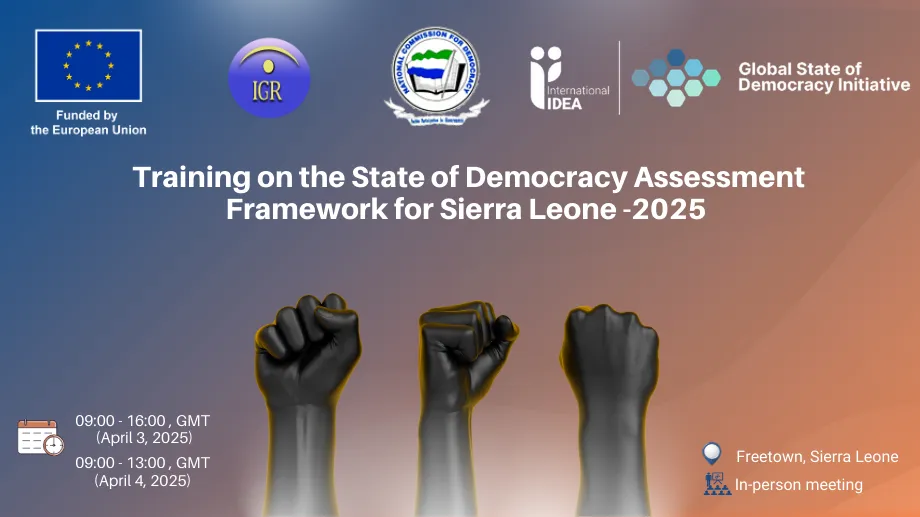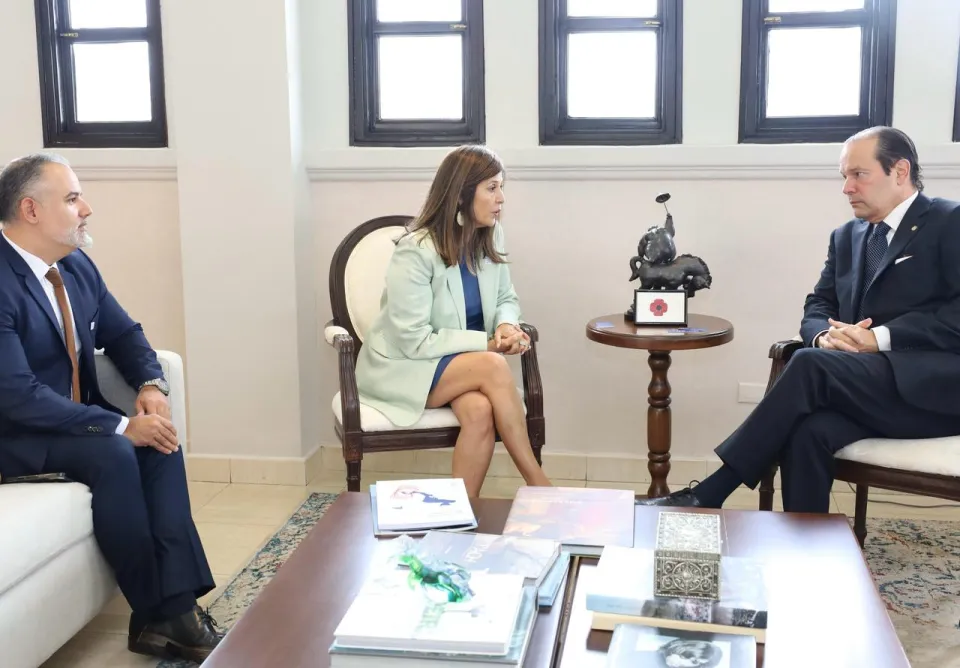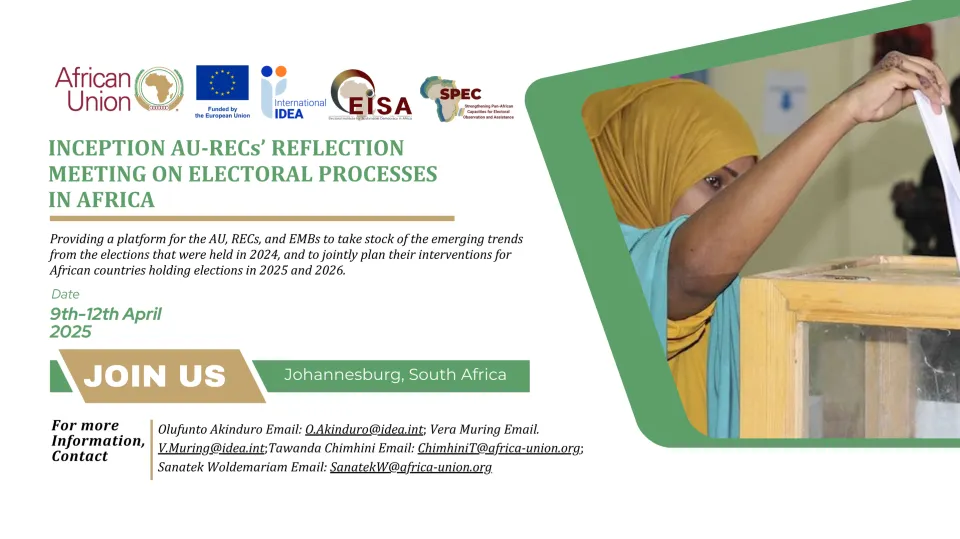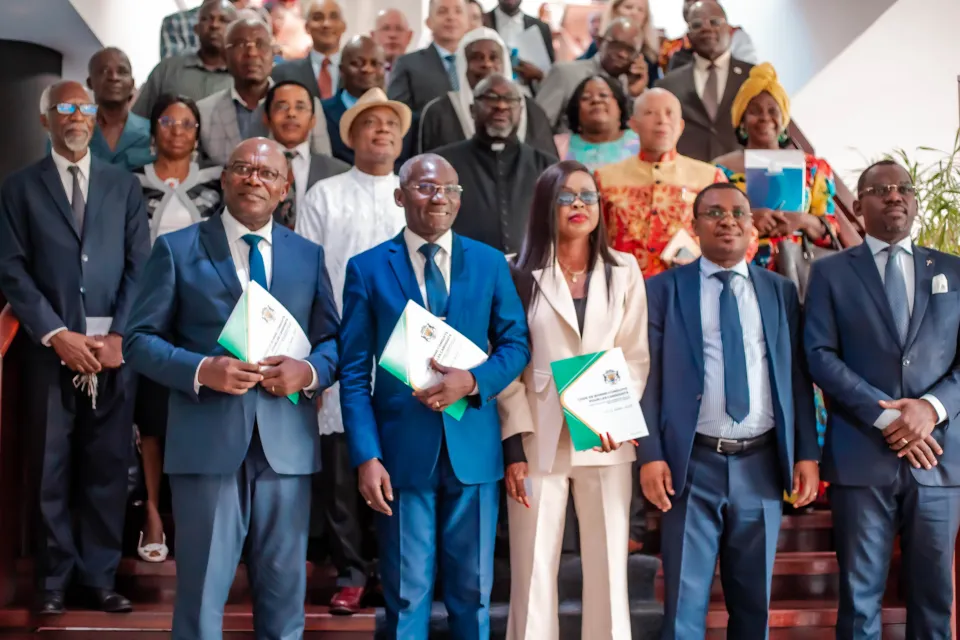Australia reviews regulation of foreign donations

Banning donations by foreign interests to parties or candidates is a common regulatory measure.
“The rationale is quite simple: (…) to protect the principle of self-determination and national sovereignty,” International IDEA’s political finance expert Sam Jones stated in his testimony to the Joint Standing Committee on Electoral Matters of the Australian Parliament, given on 16 February.
‘Foreign interests’ can be governments, corporations, organizations or individuals who are not citizens; that do not reside in the country or have a large share of foreign ownership. Almost two thirds (63%) of countries have a ban on donations from such foreign interests to political parties, while half (49%) have a ban on foreign donations to candidates. Among those established democracies that do not have a ban, most place a limit on the amount that a foreign entity can contribute as a measure to curb undue influence. This is the case, for example, in Germany, Spain and New Zealand.
As the global economy grows more interconnected and complex, regulating foreign donations demands from legislators paying attention to detail. “For any regulation to be extremely clear, unambiguous and implementable” added Jones, before delving deeper into such details, not least how to avoid the use of third parties (known in the US as PACs) to circumvent a ban.
The testimony (full transcript) was part of the joint committee’s inquiry into on all aspects of the conduct of the 2016 Federal Election and matters related thereto, which includes “the extent of donations and contributions from foreign sources, persons, entities and foreign-owned subsidiaries to political parties, associated entities and other third parties and entities undertaking campaign activities, and the options available to Parliament to regulate these.”
Through its Asia and the Pacific office based in Canberra, International IDEA provided a written submission.
If you want to know more about how foreign donations are regulated worldwide, visit International IDEA’s Political Finance Database.




